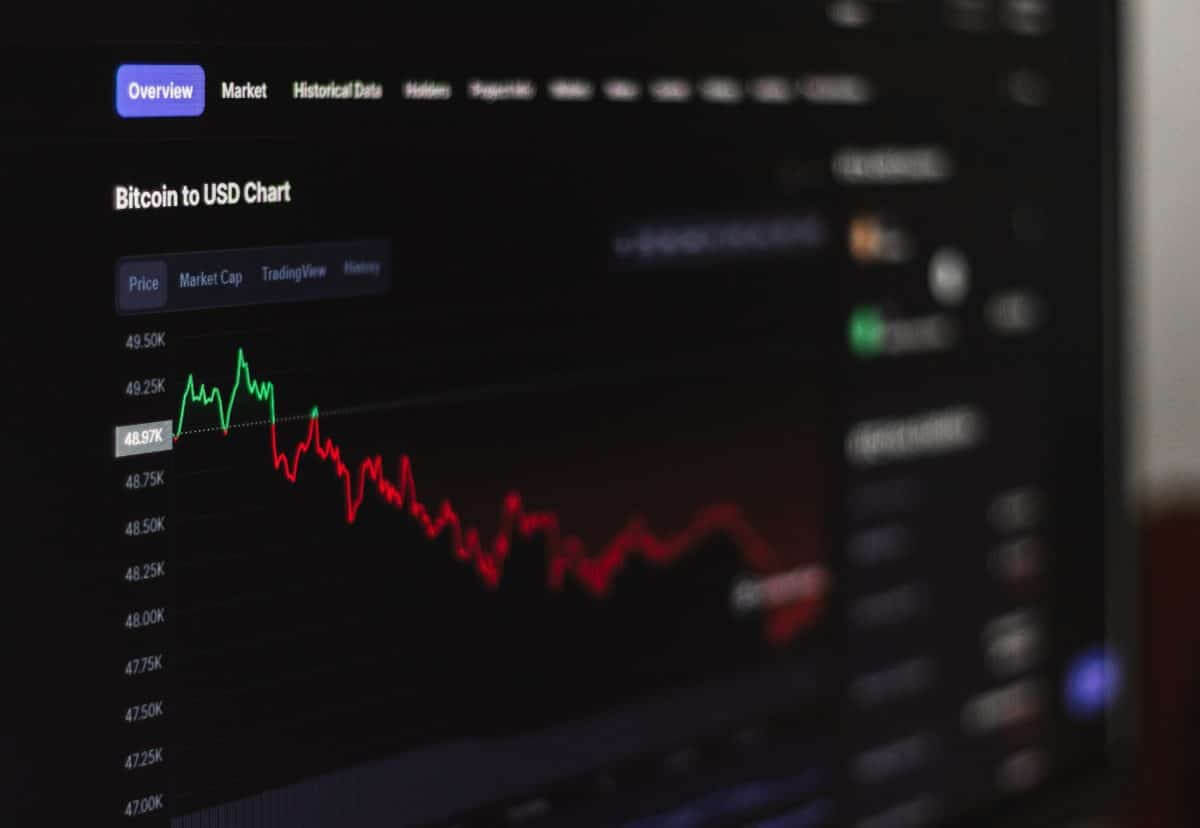Regulators: What does Future of Crypto look like?

Opinions of Regulators Regarding Crypto
Regulators are currently having a difficult time dealing with the consequences of multiple crypto companies filing for bankruptcy and freezing their clients’ funds in their accounts. Clarity is obviously needed because there are now no laws governing this asset class and disagreements even among some governments as to who controls what. August provided us with some intriguing information about the whereabouts of regulators both inside and outside of the United States.
U.S. Authorities
Since federal action is absent or lagging behind, several states have decided to start looking into this. Not all of the news and movement is coming from the federal government or federal agencies. It is no secret that “crypto influencers or Gurus” are frequently people who have been paid in some way for the cryptocurrencies they mention or advertise. The lawsuit BitBoy filed brought even more attention to this industrial activity and made it clear to others who might not be aware that they sometimes fail to disclose that they have been compensated to promote anything.
According to Joe Rotunda, director of the Texas State Securities Board, certain influencers are even on the verge of not just breaking the law regarding disclosure but also worse, promoting a knowingly false good. Despite the fact that Texas is a fairly crypto-friendly state, they are not going to just let everything go and have filed cease and desist lawsuits against Flamingo Casino Club, a metaverse casino, for their marketing tactics, even going so far as to identify the videos. When CNBC attempted to contact the two content providers, one denied receiving payment but later deleted his video in response to more in-depth inquiries, while the other maker made no comments.
Federal Level
The Federal Reserve is also advancing with the launch of FedNow, a brand-new quick payment system. Some Federal Reserve Governors genuinely believe that this may replace a CBDC because it would essentially provide many of the benefits of a CBDC without the need to develop new infrastructure or alter existing systems. If this really does keep the U.S. government out of the CBDC game that other nations appear to be headed towards, it could turn out to be a terrific move.
Foreign Crypto Regulators: Singapore And Iran
Singapore was a safe environment for cryptocurrency. This was due to its government’s open-eyed, non-smothering attitude to regulation. They did not enforce immediate and stringent rules that may hinder the business. However, those times are now a thing of the past. This is thanks to the fall of Terra and 3AC. The Singapore crypto regulators recently made a move. We doubt many people would have anticipated it. They turned the tables on investors and really attempted to place the blame on the investors themselves.
This is particularly troubling. Since these companies were so awful, it seems they did not function within their legal boundaries. Additionally, Hodlnaut was given a temporary license this year amid the bear market. Proving that the regulators grossly botched their review of the company’s financial records. It is also a possibility that they had no idea what they were doing. Despite the investors’ confidence in the authorities, the regulators preferred to place the blame on investors. They did not accept responsibility for the failure.
Iran has tried to turn to the blockchain. This is in an effort to circumvent the crushing impact of U.S. and European sanctions on its economy. Iran will face a plethora of problems as a result of this decision. Most of which they are unlikely to be able to resolve. People will be able to trace who is conducting business with Iran. Since the blockchain is transparent, and as a result, those individuals will be subject to sanctions. In order to convince businesses outside Iran to conduct business with them. These payments in cryptocurrency will also need to be excessively collateralized. Risking not just falling foul of other jurisdictions but also the value of the crypto itself.
The post Regulators: What does Future of Crypto look like? appeared first on FinanceBrokerage.
0 Response to "Regulators: What does Future of Crypto look like?"
Post a Comment